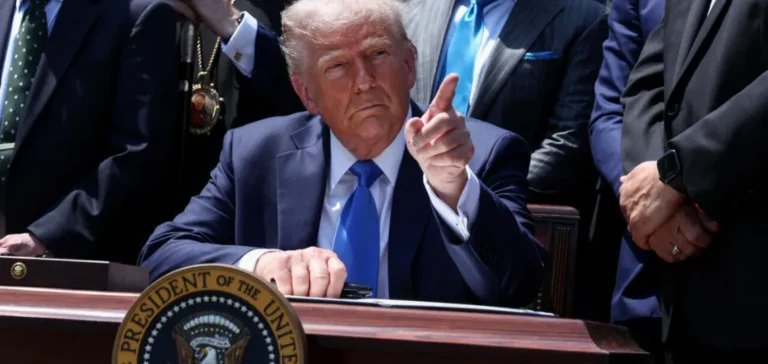The International Energy Agency (IEA) is facing mounting pressure from the Trump administration, which is challenging the institution’s path towards reducing fossil fuel use. U.S. Secretary of Energy Chris Wright warned in July that the United States, the world’s largest oil producer, may withdraw from the organisation if major reforms are not enacted.
A strategic return of a shelved scenario
The IEA’s World Energy Outlook report, set for release in November, will include a scenario depicting continuous growth in fossil fuel demand in the absence of climate policies. This model, dropped in 2020, had previously been replaced by a scenario focused on carbon neutrality by 2050, recommending a halt to all new oil and gas projects.
According to several sources familiar with the draft version of the report, the reintroduction comes after consultations with multiple stakeholders, including U.S. authorities. The shift follows repeated criticism over IEA governance and the perceived disproportionate role the United States plays in its funding and strategic direction.
A shift seen in recent reports
In recent months, the IEA has refocused its messaging on energy security, calling for investment in new extraction projects to offset natural declines in existing fields. This shift has been viewed as a significant change by the Organization of the Petroleum Exporting Countries (OPEC), which labelled it a “U-turn.”
The debate over energy scenarios is becoming a key diplomatic and economic issue, as these projections influence long-term investment decisions across the sector. The agency stresses that its scenarios are not forecasts, but representations of possible trajectories based on different political and economic assumptions.
A closely watched report by market players
Despite pressure from Washington, several analysts emphasise that the IEA maintains its independence. However, the inclusion of a scenario aligned with continued oil and gas development could fuel a narrative battle over the future direction of the global energy system.
In this context, governments, industry players and financial institutions are closely watching the final content of the report. “The main question is how these scenarios are interpreted, as for some they serve as a reference, even a doctrine,” said Marc-Antoine Eyl-Mazzega, Director of the Energy and Climate Centre at the French Institute of International Relations.






















